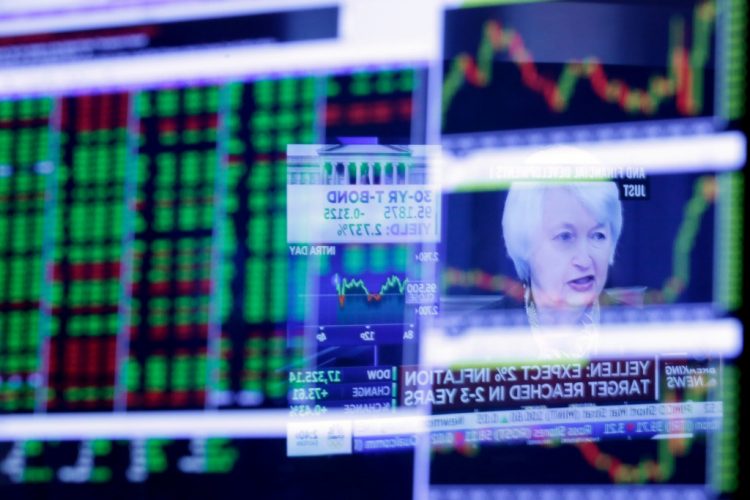U.S. Economy Will Slow in 2019, May Enter Recession in 2020, Economists Forecast. Trump Administration Disagrees

The good economic news for 2019 is that the odds are still against the U.S. economy entering a recession. The bad news, according to many economists, is a series of economic forecasts that calls for growth to not only be slower in the U.S., but also globally.
2018 has been a banner year for economic growth, with the U.S. gross domestic product rising at an annual pace of 3.5% in the third quarter and at 4.2% in the second quarter, according to the Bureau of Economic Statistics. The economy has been firing on most of its cylinders, as consumers spent more, companies invested in inventories, and local governments maintained their spending, the BEA said.
As economists crunch the numbers for their 2019 forecasts, however, they are expecting a slowdown. Goldman drew some attention this week after it said U.S. GDP growth will slow to 1.8% in the third quarter of 2019 and to 1.6% during the fourth quarter. The positive impact of the tax cuts passed in late 2017 will fade while financial conditions will tighten, Goldman predicted.
That forecast, not exactly sunny but not dire either, prompted some pushback from Larry Kudlow, who is serving as president of the National Economic Council under President Trump. “In my personal view, our administration’s view, recession is so far in the distance I can’t see it,” Kudlow said. “The basic economy has reawakened and it’s gonna stay there… I mean, I’m reading some of the weirdest stuff, how a recession is around the corner. Nonsense.”
Some economists are taking a darker view than Goldman, which is not forecasting a recession before 2020. A survey of economists by Reuters this week shows that most expect the chance of a recession in the U.S. is still low, at 35%, although the survey also showed that the median probability of a recession has inched up from 30% in the past month. Last week, Larry Summers, a Harvard economist and former treasury secretary during the Clinton Administration, said there’s a nearly 50% chance of recession by 2020.
The timing of a downturn may be in dispute, but many economists agree that the headwinds facing the U.S. economy are growing stronger and more numerous: Interest rates keep rising, making borrowing costs more expensive for consumers and companies alike; trade tariffs are increasing, thanks in good part to Trump’s aggressive trade policies; and Wall Street analysts are growing concerned that earnings growth has peaked as the bull market enters its tenth year, especially in the overpriced tech sector.
Adding to those U.S. headwinds is an anticipated slowdown in the global economy. On Wednesday, the Organization for Economic Cooperation and Development lowered its forecast for global economic growth to 3.5% from its previous forecast of 3.7% growth. “Recent developments suggest that the global expansion has peaked and is likely to slow over the next two years,” the OECD said.
Separately, a survey of fund managers by Bank of America Merrill Lynch showed that 44% of respondents expect global growth to slow in 2019. Ian Shepherdson, chief economist at Pantheon Macroeconomics, wrote in a note to clients that global growth could be zero in early 2020. “Gravity can’t be defied forever,” Shepherdson said.





